Safer Hand Hygiene: The Case for Eliminating Triclosan and Triclocarban and Lessons from the Field
Recorded On: 09/28/2017
Session Description:
Infection prevention and control in health care is of primary importance. However, some common ingredients in hand soaps used in the healthcare setting, including triclosan and triclocarban, can pose hazards for employees and the environment.
In light of environmental and human health concerns, Practice Greenhealth recently launched the Hand Hygiene Challenge to reduce the use of triclosan and triclocarban in the health care setting. In this session, learn how leading hospitals implemented policies to eliminate the use of triclosan and triclocarban in hand soaps, from commitment through implementation. Hospital leaders with direct experience will discuss best practices, steps for overcoming challenges, internal messaging, strategies for achieving the challenges, and key partnerships in the purchase of safer hand soaps.
Exposures to triclosan are widespread in the general population through both oral and transdermal pathways. A U.S. Centers for Disease Control study found triclosan present in the urine of 75% of the people tested. Some triclosan discharged to wastewater passes through wastewater treatment plants and is released in surface water and sludge, where it can persist in the environment and contaminate fish and even food grown in sludge-amended soil. Triclosan is undergoing scrutiny as studies show an increasing number of potentially adverse effects in laboratory animals, wildlife, and humans. The 2014 Society for Healthcare Epidemiology of America (SHEA) Compendium on Hand Hygiene advises against the use of triclosan-containing soap in healthcare facilities because of the lack of evidence of its superior clinical effectiveness compared to other products, concern about promoting antibiotic resistance, widespread human exposures, and potential adverse health effects. In September 2016, the U.S. Food and Drug Administration issued a final rule establishing that over-the-counter (OTC) consumer antiseptic wash products containing nineteen active ingredients, including triclosan and triclocarban, can no longer be marketed.
Learning Objectives:
- Understand rationale for targeting triclosan and triclocarban for elimination in the health care setting
- Learn best practices for implementing the Hand Hygiene Challenge
- Describe common challenges and potential solutions for implementing the Hand Hygiene Challenge
- Describe tools and resources available for participants of the Hand Hygiene Challenge
Pricing
Standard Price: $79
Practice Greenhealth Members: FREE!
Practice Greenehealth Subscribers: FREE!
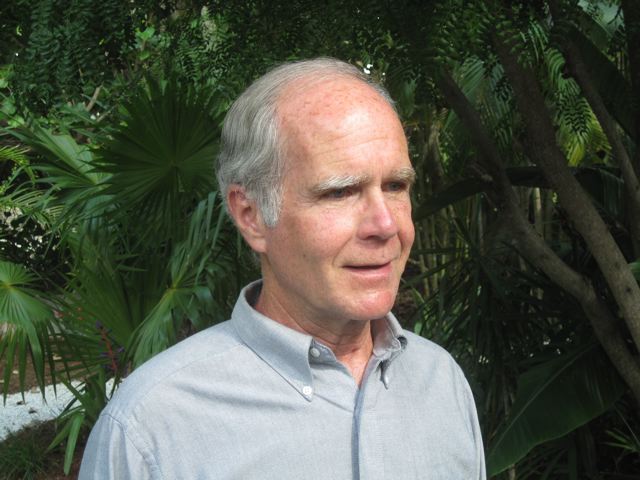
Ted Schettler
MD, MPH, Science Director, Science and Environmental Health Network & Health Care Without Harm
Ted Schettler is Science Director of the Science and Environmental Health Network and a science advisor to Health Care Without Harm. He has an MD from Case Western Reserve University and MPH from Harvard University. Schettler is co-author of several books and numerous papers addressing various aspects of human health and the environment. For many years his work has explored the intersections of individual, public, and environmental health.
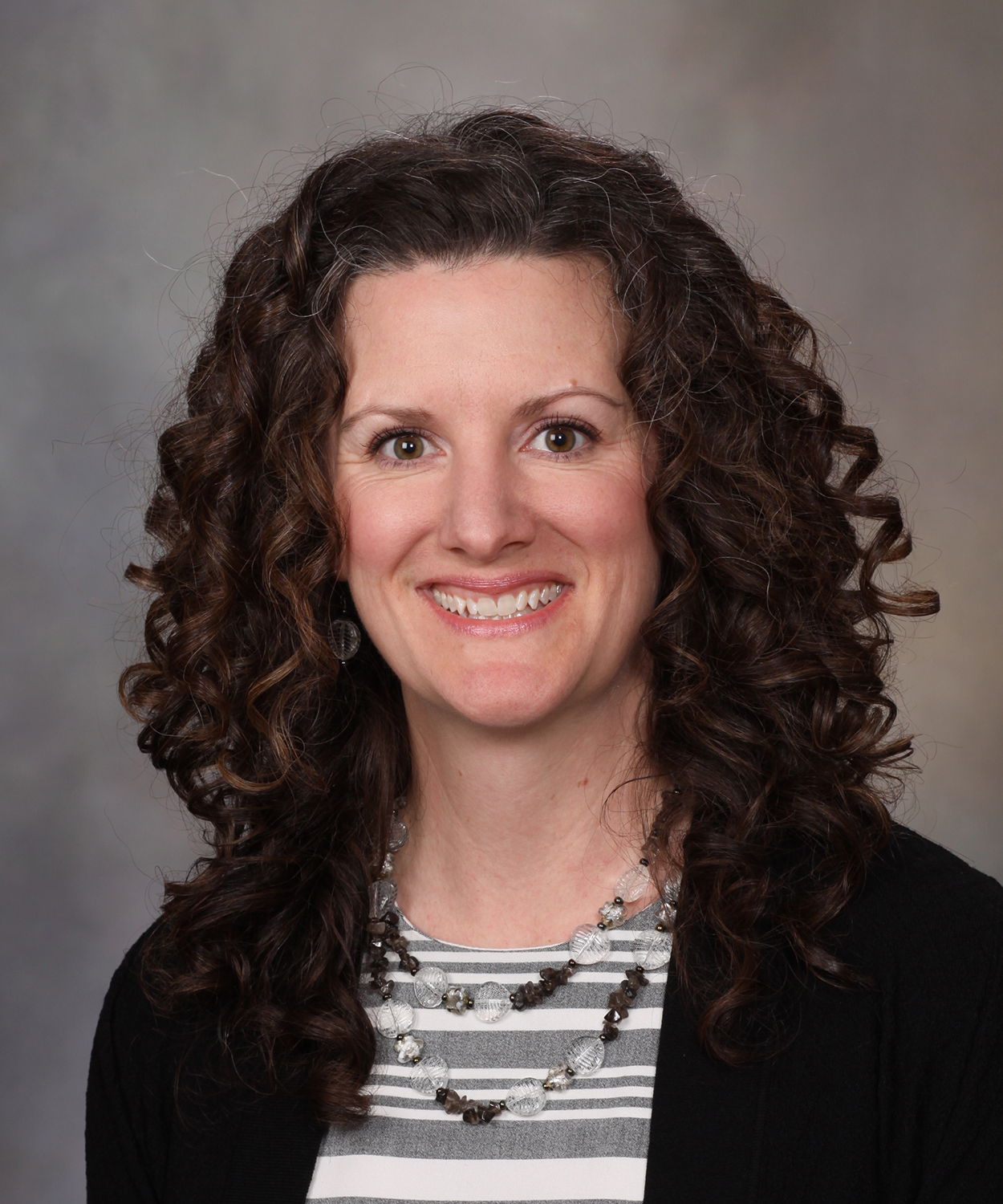
Amanda Holloway
Mayo Clinic Office of Sustainability director
Holloway has served as recycling coordinator and section head in facilities operations (overseeing waste management, recycling, and environmental services). In her current sustainability role, Holloway is guiding enterprise sustainability planning and strategy across the organization to advance Mayo Clinic’s goals in energy and waste reduction, water conservation, supply chain practices, the built environment, and employee engagement. She is currently pursuing a master of science degree in sustainable management.
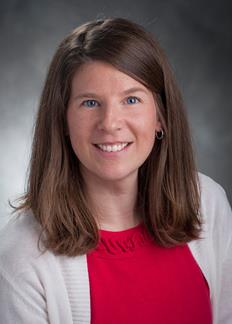
Katie Wickman
MS, RN, CIC, Sustainability Manager, Advocate Health Care
Katie Wickman, MS, RN, CIC is the sustainability manager at Advocate Health Care in Illinois. She is a registered nurse with past experience in clinical nursing and infection prevention in a hospital setting. Her education includes a Master of Science in nursing (DePaul University, IL), a Bachelor of Science in biology (St. Norbert College, WI), and Certification in Infection Control. Ms. Wickman has influence in all areas of Advocate’s sustainability program and plays key roles in the development of healthy and sustainable standards and practices at Advocate and among its 35,000 associates. She also represents Advocate Health Care in several national market transformation groups and the Health Care Climate Council, working to advance health and sustainability throughout the health care sector.
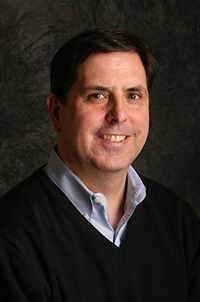
Joel Sigler
Senior Manager, Kaiser Permanente
Joel Sigler is a Certified Safety Professional with over 25 years of experience in the environmental, health and safety field. Joel currently works as a Senior Manager with the National Environmental Health and Safety Department at Kaiser Permanente. Joel co-chairs two environmental stewardship committees at Kaiser Permanente, the Safer Chemical committee working to implement the use of safer chemicals in the organization, the Waste Reduction Committee, working to reduce the volume of waste within the organization. Joel received a B.S. from the University of Maryland, College Park, and a Certificate in Environmental Management from the Harvard University Extension School.
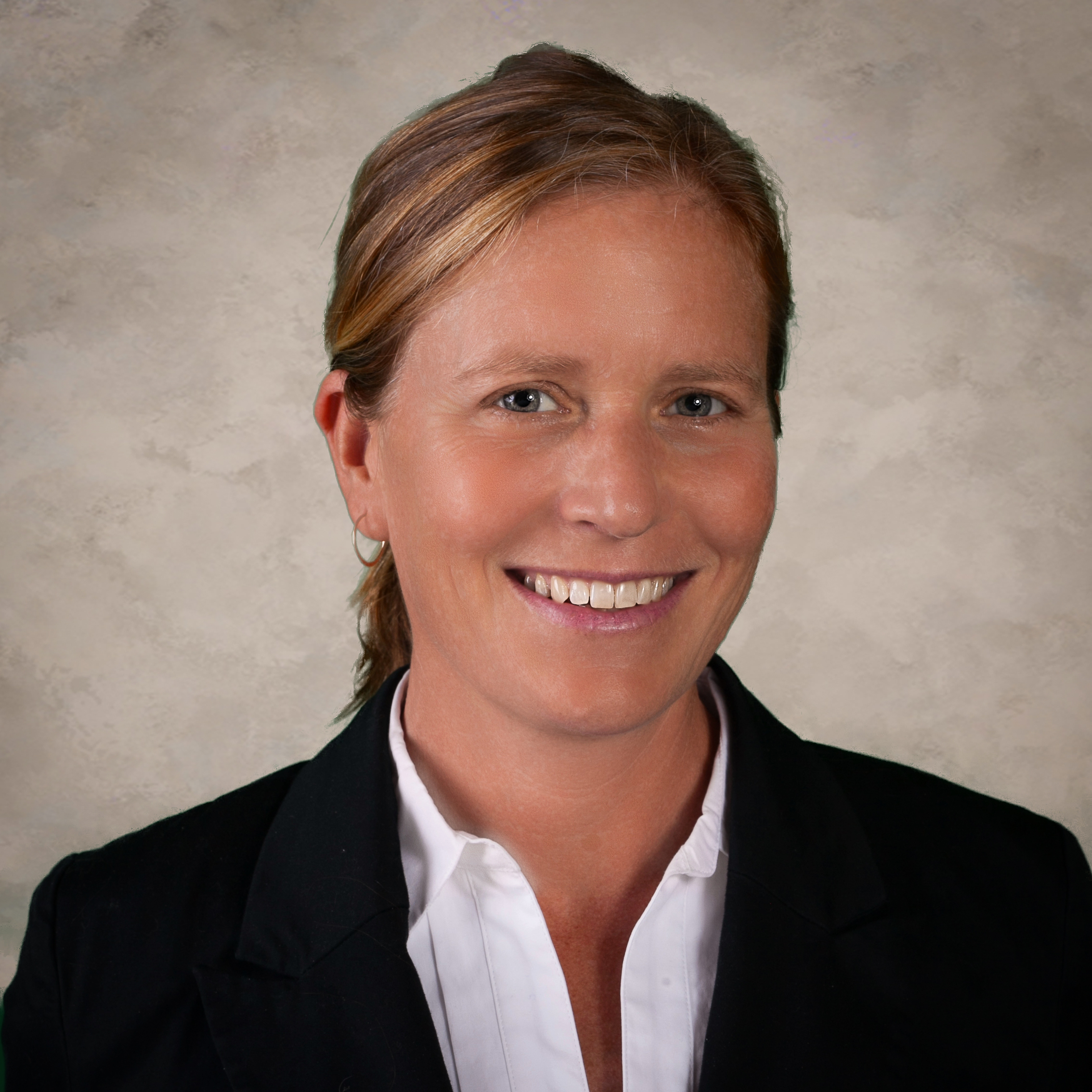
Janet Howard (Moderator)
Director, Member Engagement and Healthier Hospitals, Practice Greenhealth
Janet Howard leads the facility member engagement team and the Healthier Hospitals program. The team provides fresh content, educational support and technical assistance to Practice Greenhealth facility members and Healthier Hospitals enrollees. Recent projects include the Employee Engagement Toolkit and fresh content on Materials/Wastes, Engaged Leadership and the new Less Food to Landfill goal and toolkit.
The Member Engagement team works together to help organizations recognize the link between sustainability programming and quality, patient experience and performance excellence. Janet's angle is around empowerment and the belief that every person deserves a safe, healthy and respectful environment.
With Iqbal Mian, Janet developed a strategic deployment consult offering at Practice Greenhealth. The day-long program facilitates the facility or system's vision, mission, goals and elevator speeches for sustainability programming in alignment with overall strategic organizational goals. This senior level engagement results in strategic deployment and optimizes programmatic success.
Janet pioneered sustainability in health care from 1991-2004 for Continuum Health Partners in New York City. She is a frequent writer on health care sustainability issues for outlets like Greenbiz, CSR Wire and Health Care Design Magazine. Read Janet’s columns on her LinkedIn profile.
______________________________________________________________________
Contact Info:
Email: jhoward@practicegreenhealth.org (T): 866.598.2110
-
Register
- Standard Fee - $79
- Practice Greenhealth Member - Free!
- Practice Greenhealth Subscriber - Free!
